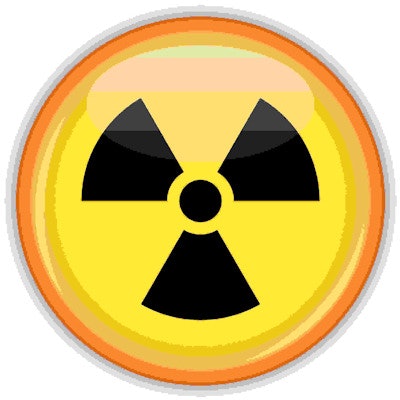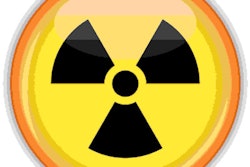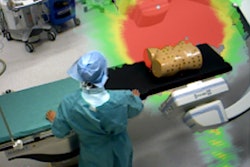
Long-term exposure to low doses of radiation appears to increase the risk of hypertension, according to a large Russian study published on 3 May in the American Heart Association (AHA) journal Hypertension.
Researchers from the Southern Urals Biophysics Institute found that prolonged, low-dose radiation exposure boosted the risk of hypertension among Russian nuclear plant workers by almost 40%.
"Not only high doses of radiation, but low to moderate doses also increase the risk of hypertension and other circulatory system diseases, which today contribute significantly to death and disability," said lead study author Dr. Tamara Azizova in a statement released by the AHA. "All radiological protection principles and dose limits should be strictly followed for workers and the general public."
Earlier studies have linked exposure to high doses of radiation to increased risk of cardiovascular diseases and death from those diseases, but this is the first study that has found increased risk of hypertension from exposure to low doses of radiation over long periods of time, Azizova's group wrote.
The study included data from more than 22,000 workers at the Mayak Production Association hired between 1948 and 1982 who spent an average of 18 years on the job. All had health checkups and screening tests at least once a year and advanced evaluations every five years.
The researchers discovered that 38% of the workers were diagnosed with hypertension (defined in the study as systolic blood pressure ≥ 140 mmHg and diastolic pressure ≥ 90 mmHg). The frequency of the condition was significantly associated with cumulative radiation exposure, the group wrote.
For context, the incidence of hypertension among the study participants was higher than the incidence among Japanese survivors of the atomic bomb at the end of World War II but lower than the risk estimated for cleanup workers following the Chernobyl nuclear accident, according to Azizova and colleagues.
"The differences may be explained by variations in exposure among the three groups," the team wrote in the AHA statement. "Following the atomic bombing, the Japanese experienced a single, high-dose exposure of radiation. The Chernobyl workers were exposed to radiation for a short time period (days and months). But the Mayak workers were chronically exposed to low doses of radiation over many years."
How, exactly, radiation exposure boosts hypertension risk remains unclear, and more research is needed, the authors concluded.
"One of the main tasks for the coming decade is to study the mechanisms of hypertension and heart and brain atherosclerosis occurring in people who are -- and who were exposed -- to radiation," they wrote.



















